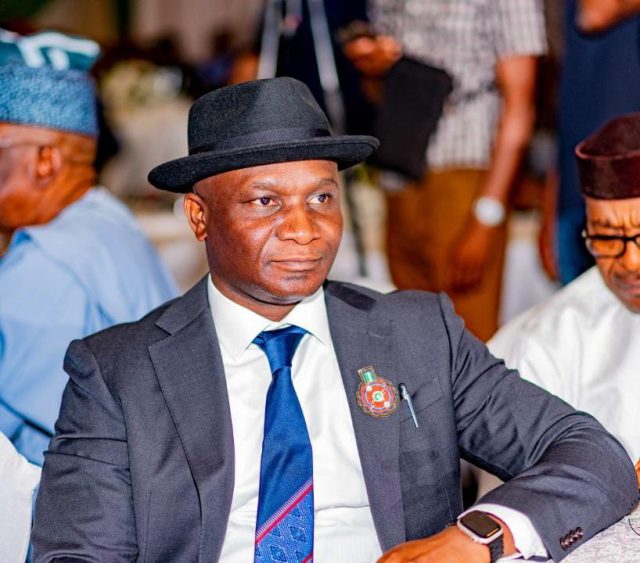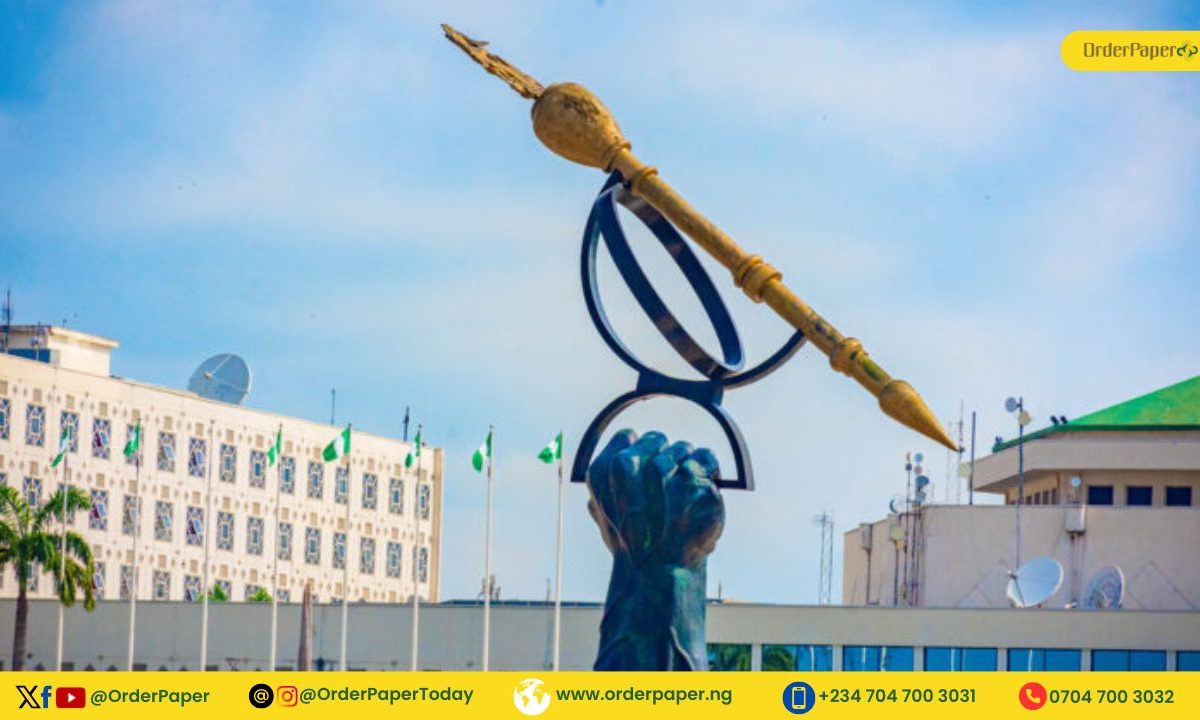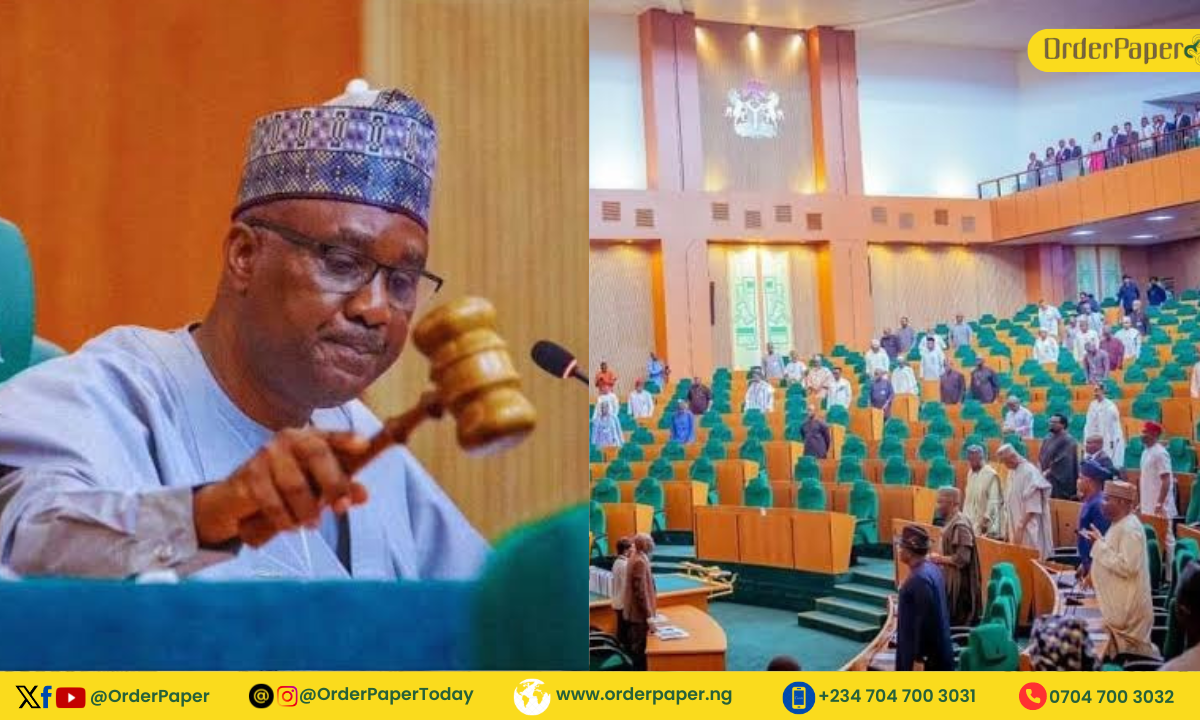Communities lament increased rate of abandoned projects and exclusion from the needs assessment as well as budgetary decision-making processes carried out by the NDDC.
Urges President Muhammadu Buhari to act on report of the forensic audit of the NDDC and fulfil his promise of recovering every stolen kobo

Oil-producing communities in the Niger Delta region have continued to decry underdevelopment in their states in spite of the establishment of interventionist approaches like the Niger Delta Development Commission (NDDC).
The latest is from oil-producing communities in Akwa Ibom State lamenting underdevelopment despite $5.8bn in mandatory payments made by oil and gas companies to the Niger Delta Development Commission (NDDC) between 2011 and 2020. This development came up recently in Eket, Akwa Ibom State, during a Townhall put together by Policy Alert, a Civil Society Organisation promoting economic and ecological justice in the Niger Delta in partnership with BudgIT Foundation.
According to the Niger Delta Development Commission (NDDC) Act 2000, which established the NDDC, oil-producing and gas-processing companies operating in the region are required to contribute 3 per cent of their annual budgets to the Commission’s Fund for the development and well-being of the region. Stakeholders at the meeting, however, lamented what they described as “high level poverty and neglect” in the region following NDDC’s failure to carry out its mandate to facilitate the sustainable development of their communities despite multiple revenue streams, including the mandatory 3 per cent.
The communities also complained about the high rate of abandoned projects in their communities, as well as their exclusion from the needs assessment and budgetary decision-making processes carried out by the NDDC.
“Data from NEITI Oil and Gas audit reports show that the NDDC has received about 5.8 billion dollars as mandatory three percent payments by oil and gas companies in the 10 years between 2011 and 2020, in addition to other funding streams. Yet the Commission has no transparent system for managing these revenue flows or accounting for their utilisation. Neither have the people of the region seen tangible development projects on the ground to justify these huge inflows,” Mfon Gabriel, a Senior Programme Officer at Policy Alert revealed at the meeting.
READ ALSO: GIFT Nigeria Hackathon: Stakeholders chart ways to enhance youth participation
Following a Communique released at the Townhall, representatives of the communities called for a review of Section 14 of the NDDC Act so as to place the management of the 3 per cent mandatory payments under a Trust similar and complimentary to the provisions made for Host Communities’ in the Petroleum Industry Act (PIA) 2021.
They also urged the oil companies to annually publish their annual budgets and their payments to the Commission on their websites in order for civil society organisations and communities to monitor compliance levels and hold the NDDC accountable.
On the issue of appropriation to the NDDC, stakeholders at the Townhall kicked against the norm of submitting the commission’s budget to the National Assembly late when the deliberations on the national budget had already begun. Hence, they called for the practice of disclosing the detailed NDDC budget to be adopted, noting that it will encourage accountability and citizen participation.
They also tasked the Commission to reactivate the now-moribund NDDC Project Management Information System and urged President Muhammadu Buhari to act on the report of the forensic audit on the NDDC submitted to him in 2022, fulfil his promise of recovering every stolen kobo and ensure that the wrath of the law catches up with anyone found culpable.



